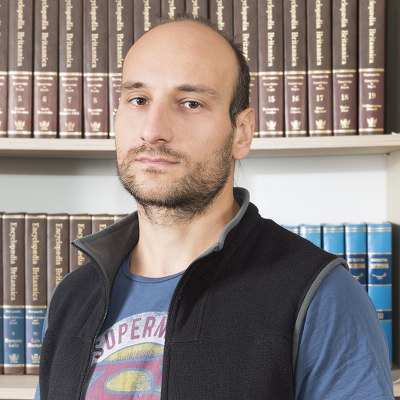
Dragan Djuric
Dragan Djuric is a professor at the Department of Software Engineering, FON, University of Belgrade, Serbia. He passionately uses Clojure as a primary language since 2009, and teaches Clojure-based courses at the university since 2010. He published his Clojure-based research in leading scientific journals, but does not skip contributing to the community through open-source Clojure projects (www.uncomplicate.org). His main interests are in the area of software engineering and intelligent systems, but programming in Clojure is the activity he enjoys the most. When he is not working in Emacs, he likes doing his daily dose of long-distance running, gym, and Cuban salsa dancing.
@draganrocks
More Clojure, Less Complication
By Dragan Djuric
We love Clojure's elegance and its functional style. Yet, we envy the practicality of Python's AI frameworks, completeness of R's stats library, or JavaScript's endless charting options. Then we rush to gorge on a mishmash of multi-platform solutions. Duct-taping off-the-shelf frameworks with Clojure is very convenient. It is not a good way for the Clojure community to build the expertise in solving hard problems. There is value in building the infrastructure in Clojure. Even though it is not easy, the result is much simpler. Instead of debt, the interest should compound our earnings. In this talk, I present what's up with Deep Diamond and other Uncomplicate libraries. A lot of this "scary" vector/matrix/tensor stuff has lots in common with functional Clojure. We talk about some common pitfalls and road blocks that people encounter when starting. If there's time left, you'll hear about new (exciting AND fun!) libraries that I hope to add to Uncomplicate.